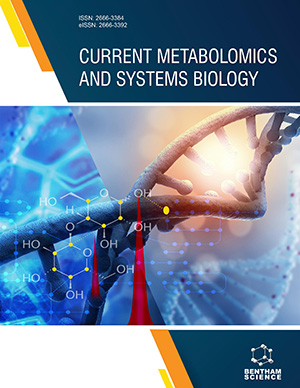Abstract
The protozoan parasite Trypanosoma cruzi, the etiologic agent of Chagas disease, is an intracellular pathogen in its vertebrate host. Here we review the process of cell invasion by T. cruzi from the perspectives of surface-surface interactions, intracellular signaling, contributions of donor membranes and the cytoskeleton, and discuss cytoplasmic entry and differentiation after escape from the parasitophorous vacuole. The chronic host-pathogen relationship depends upon immune evasion by the parasite and prevention of host apoptosis. Finally, we briefly discuss the development of cardiac autoimmunity in the pathogenesis of Chagas disease.
About this chapter
Cite this chapter as:
Conrad L. Epting, Kevin M. Bonney, Cheryl L. Olson, David M. Engman ;Host-Parasite Biology of Trypanosoma cruzi Infection, Emerging Chagas Disease (2009) 1: 83. https://doi.org/10.2174/978160805041310901010083
| DOI https://doi.org/10.2174/978160805041310901010083 |
| Publisher Name Bentham Science Publisher |






















